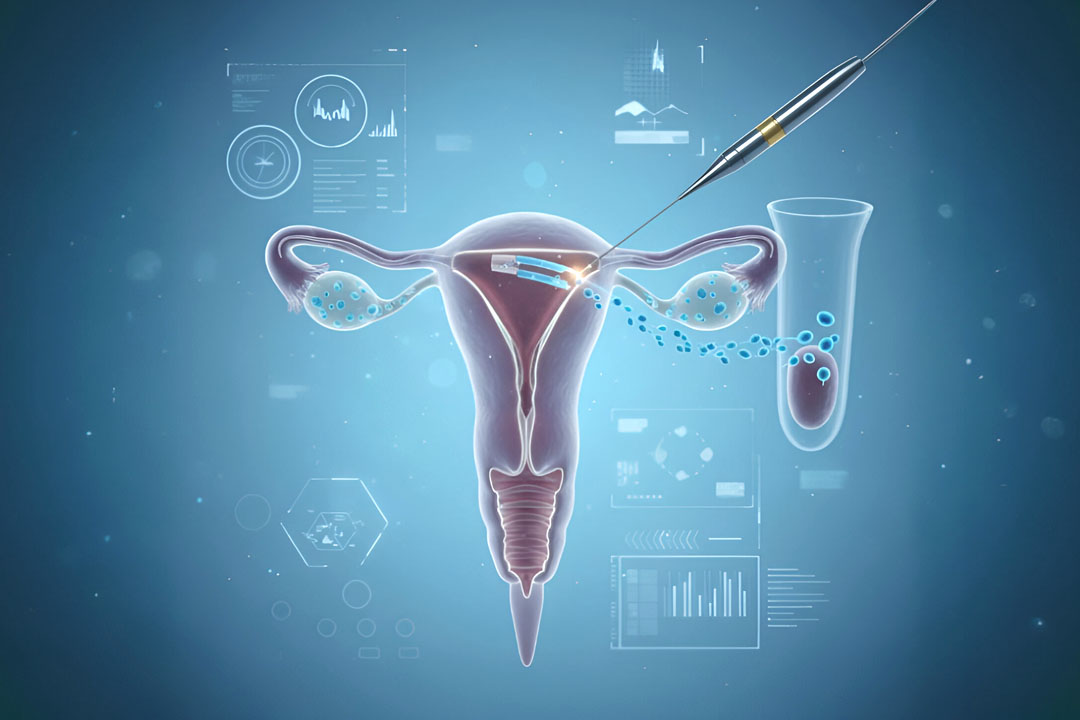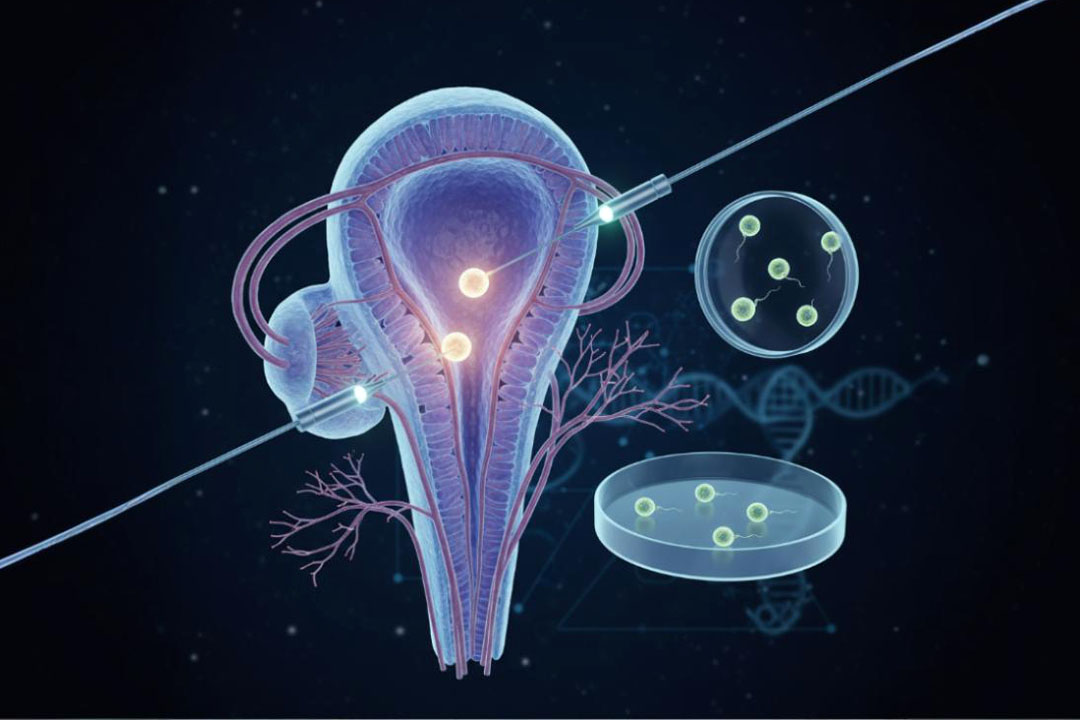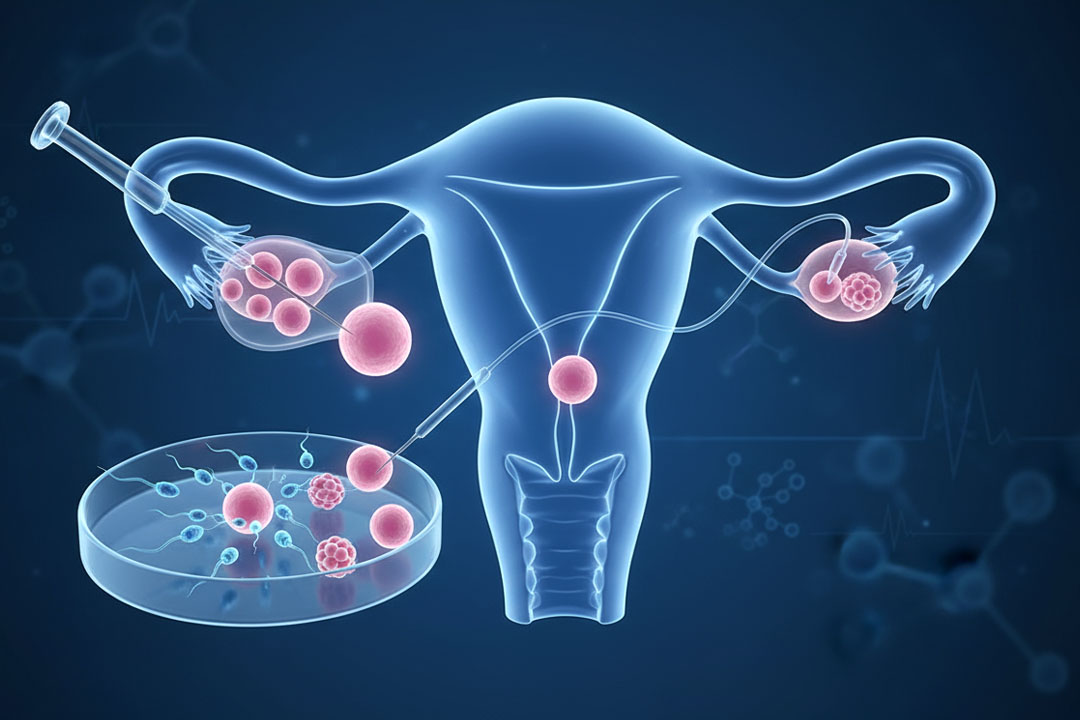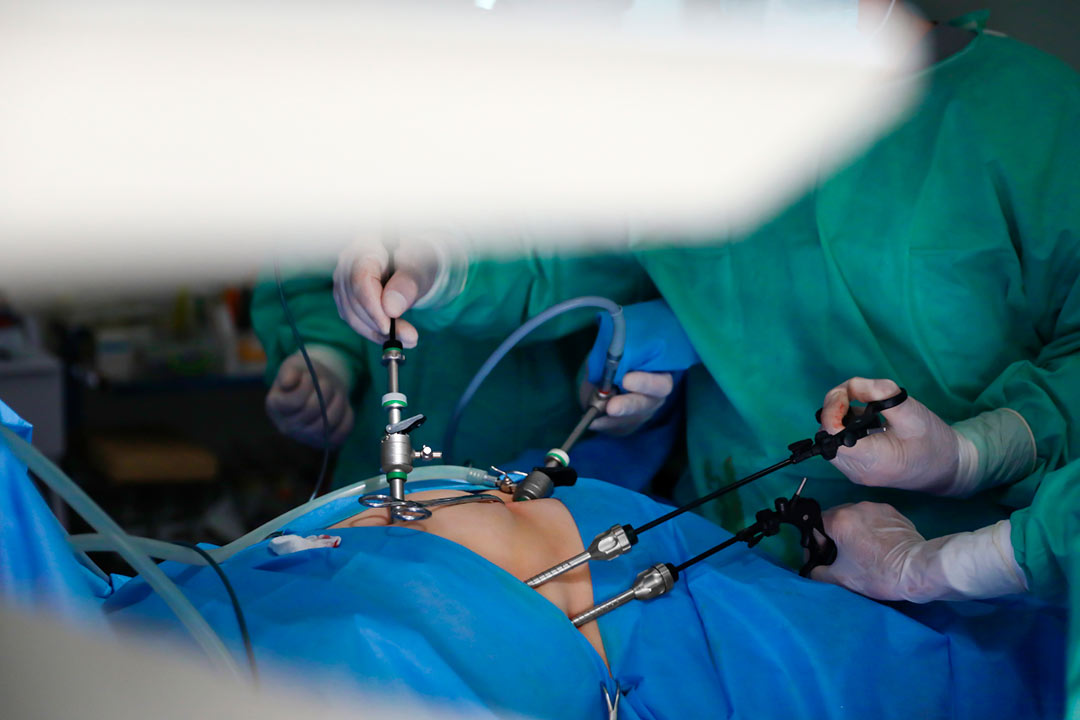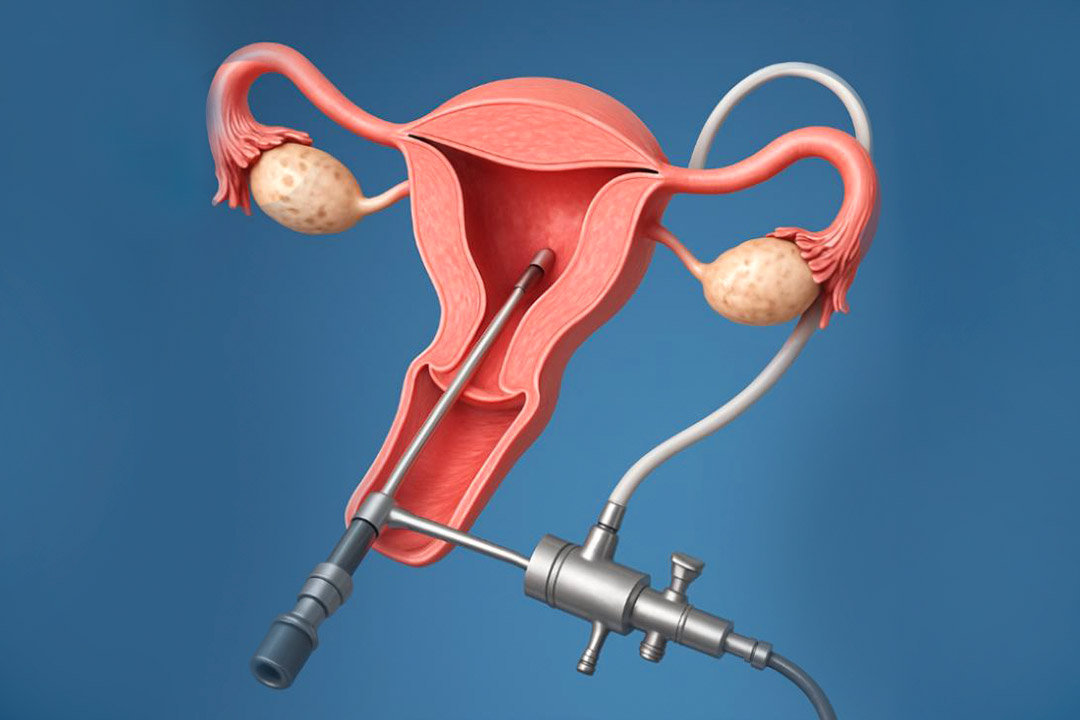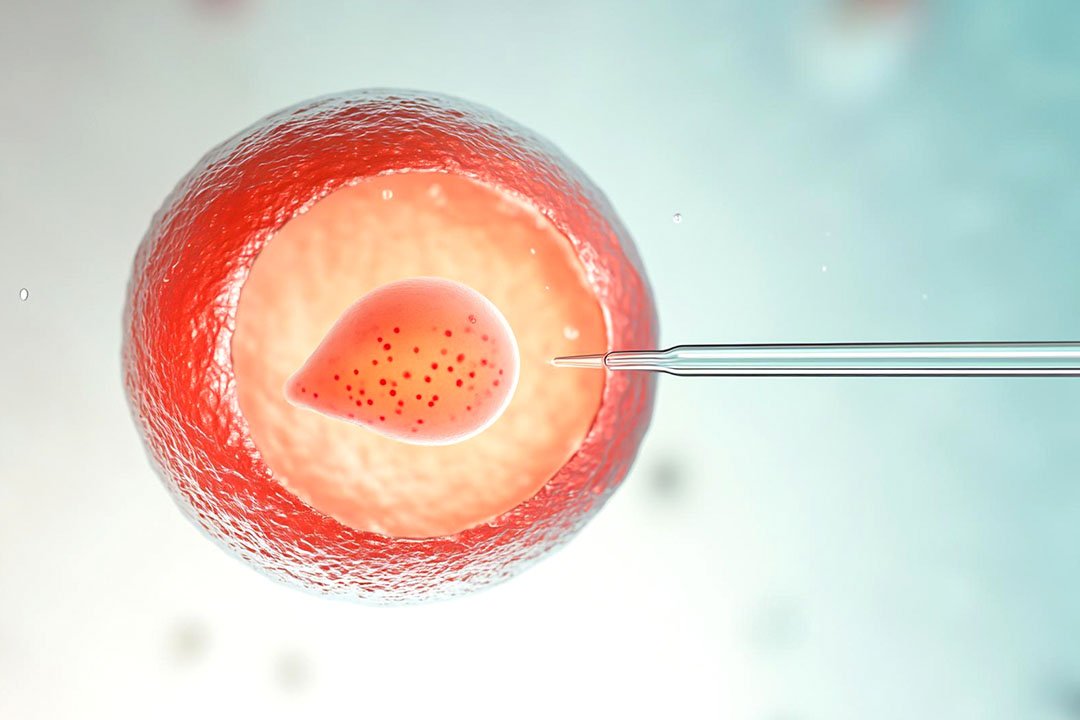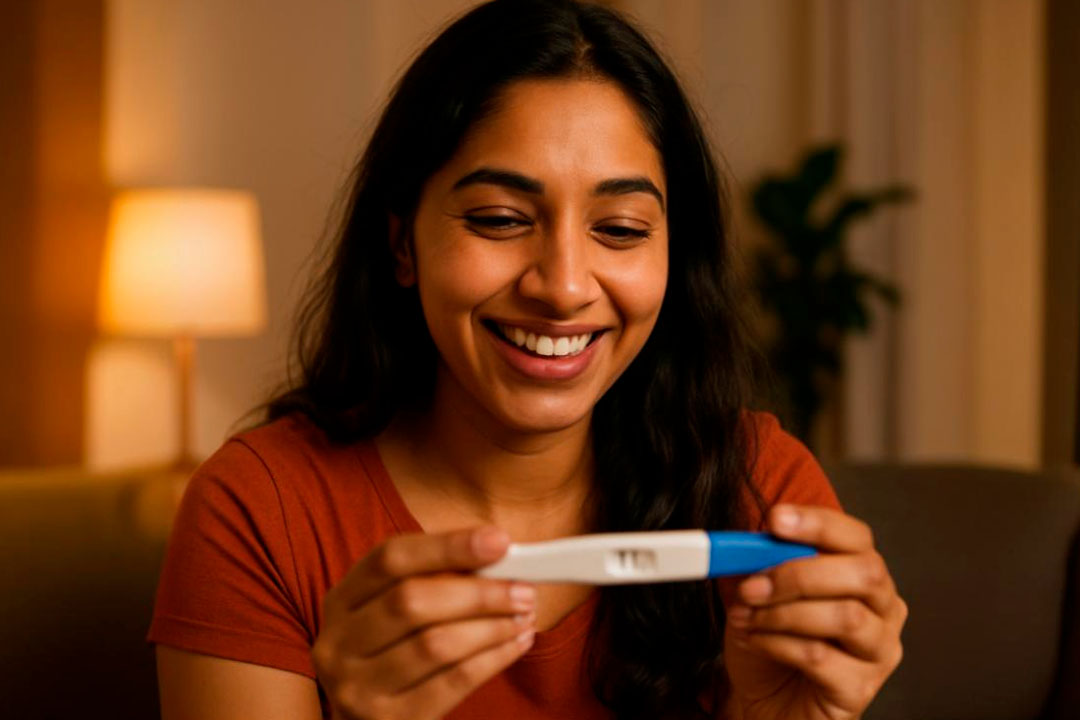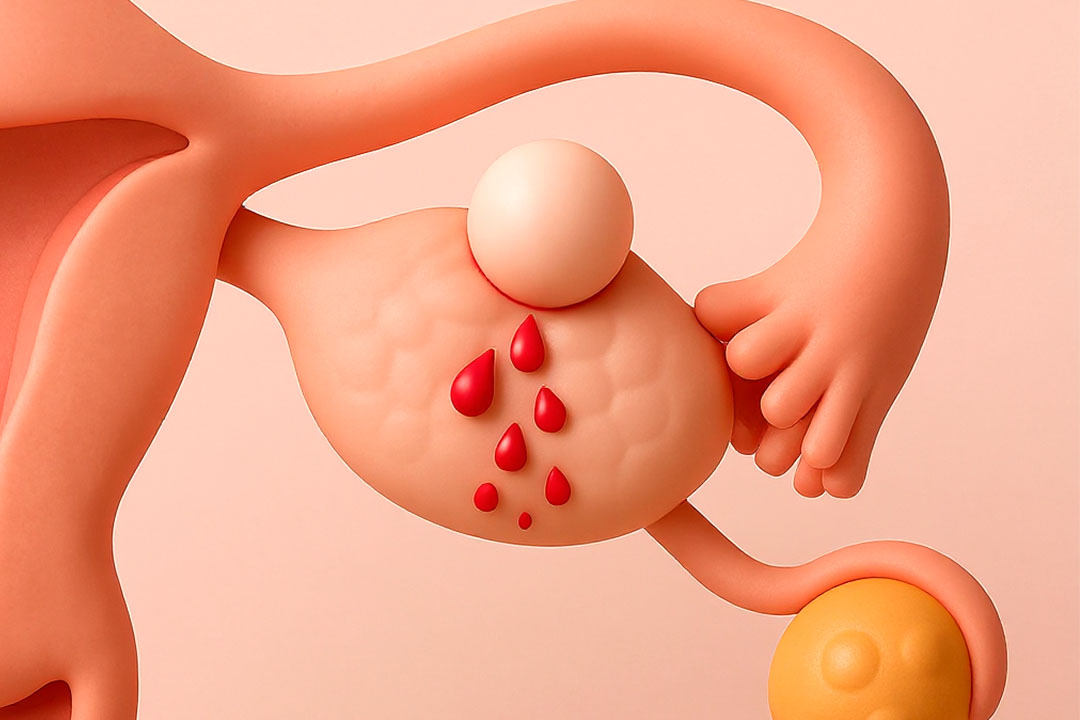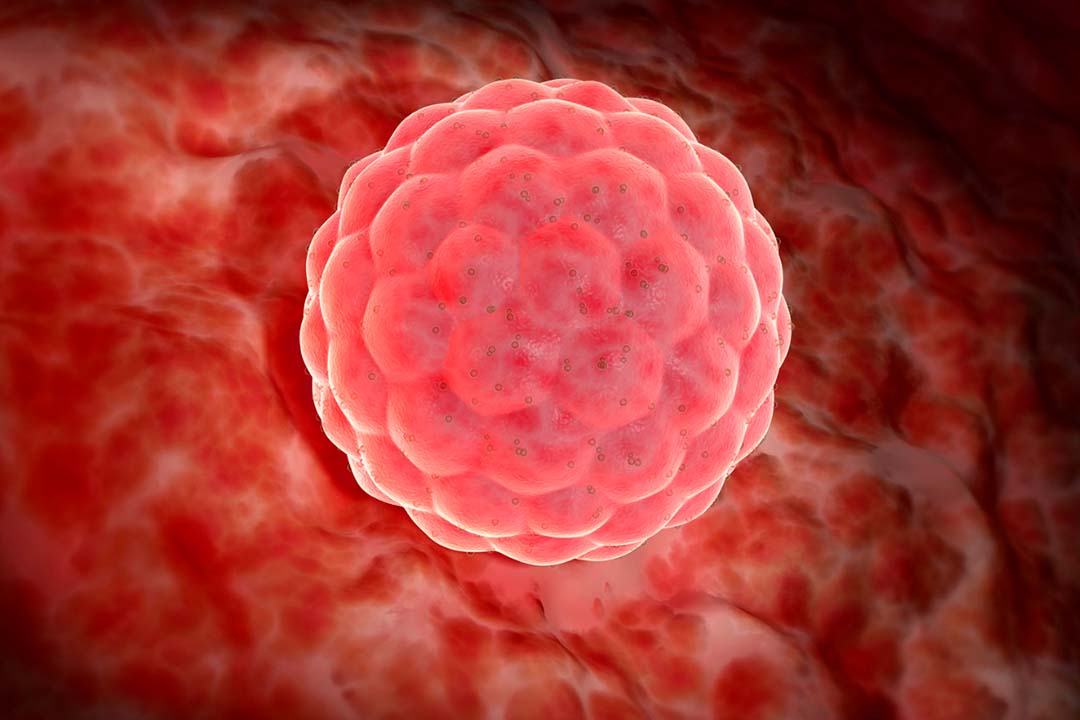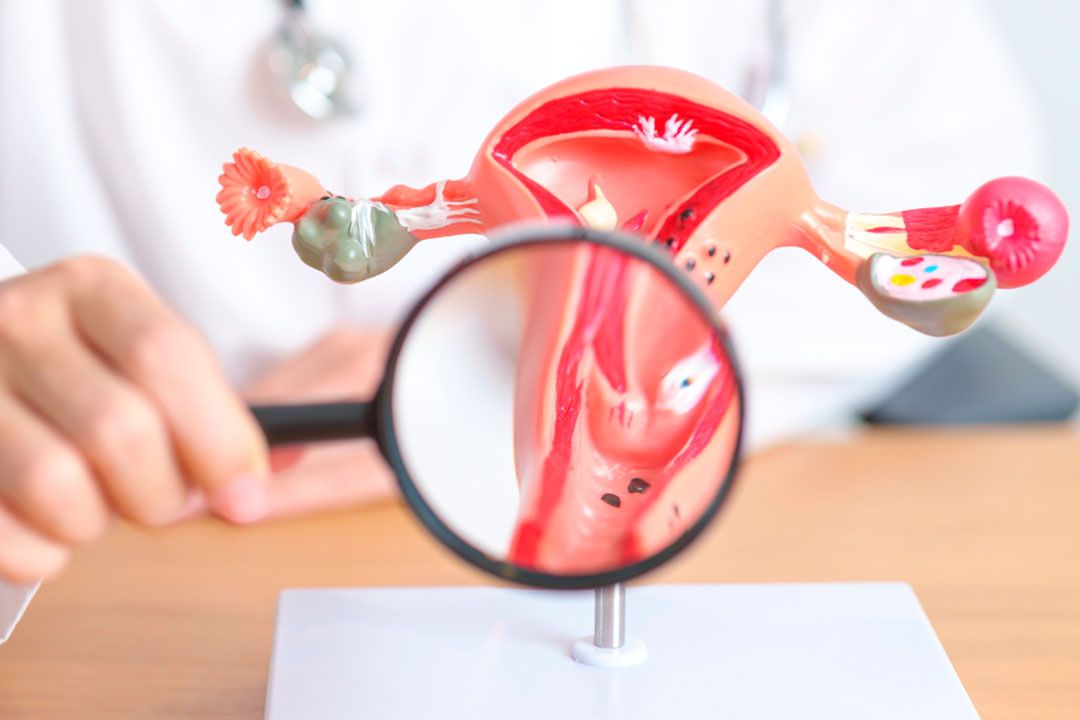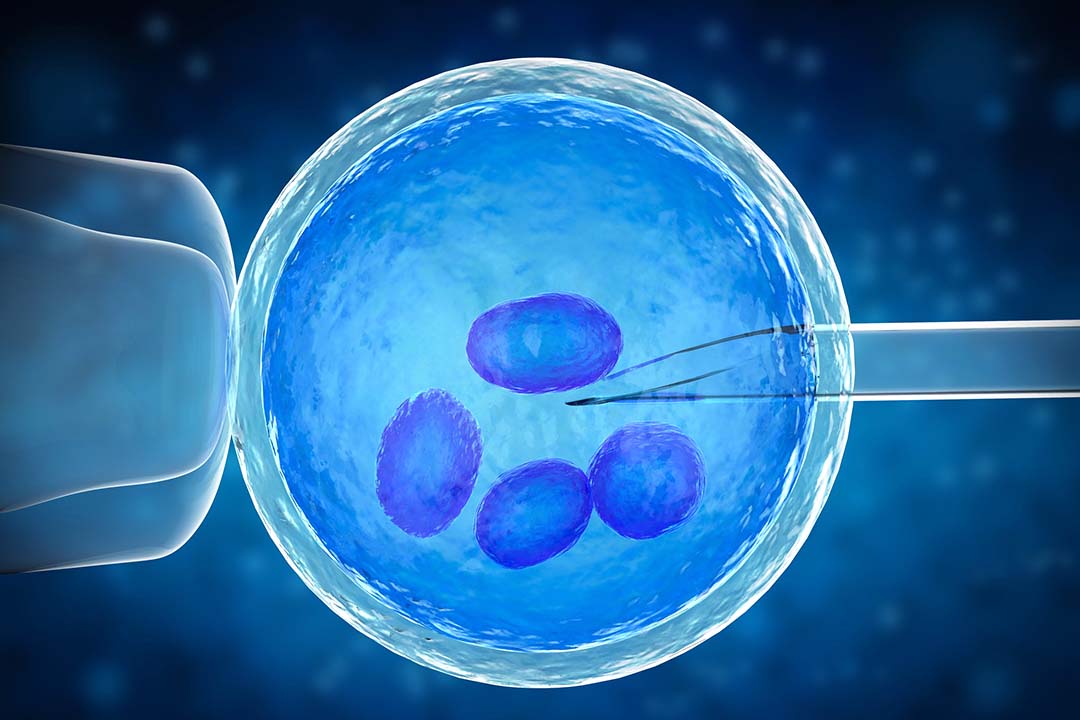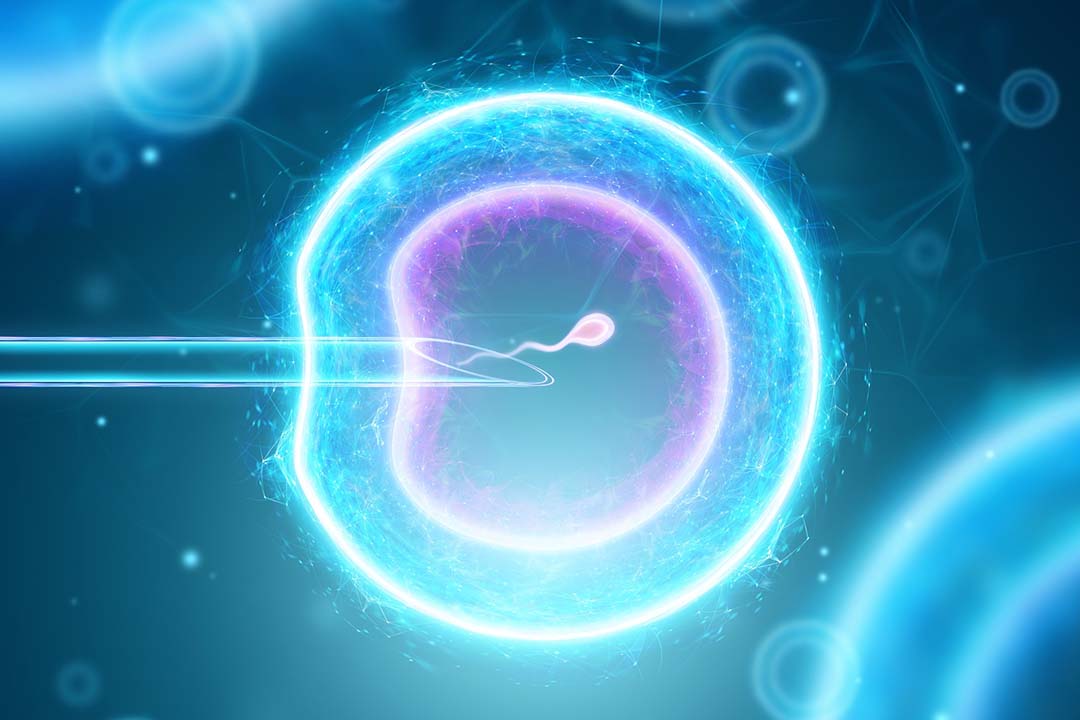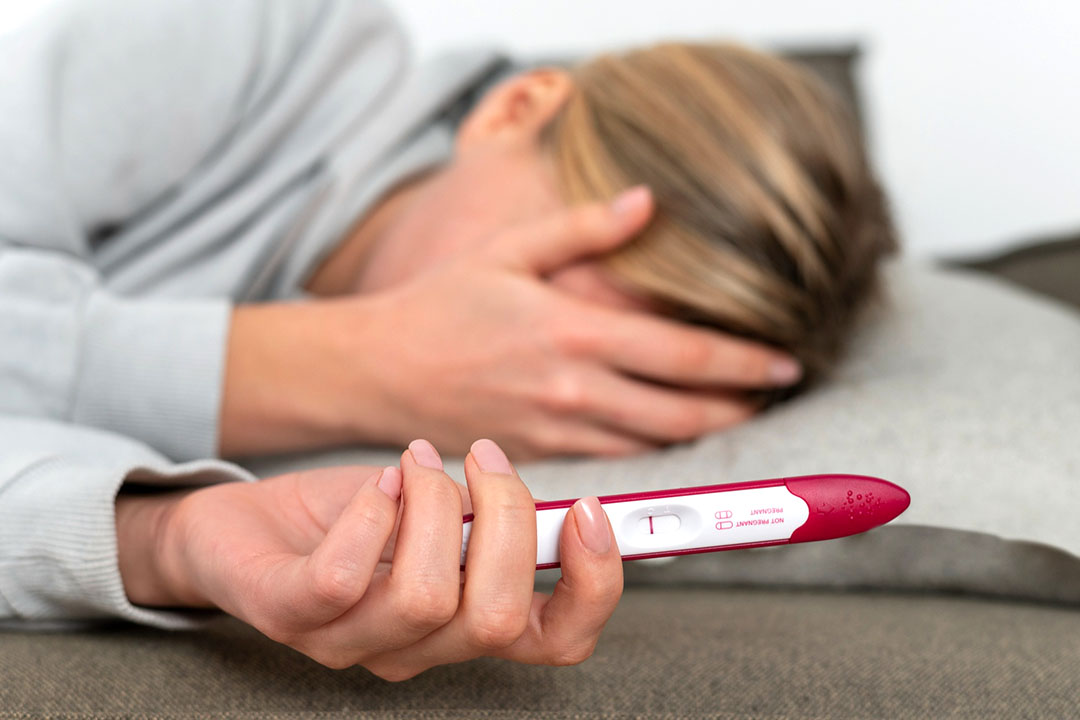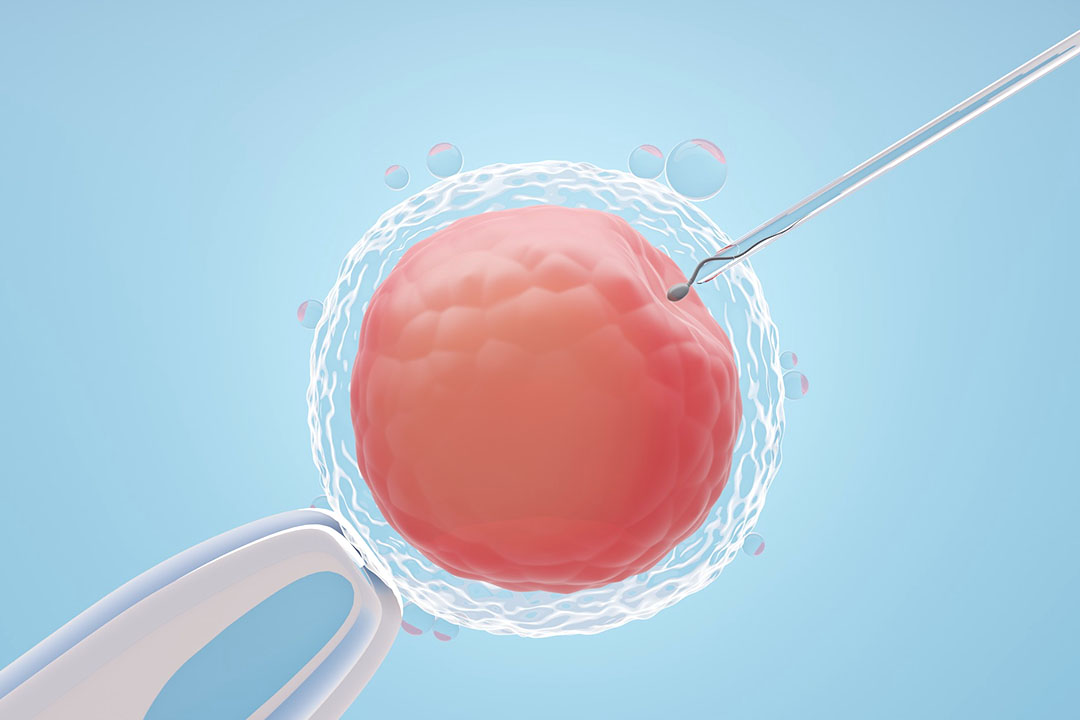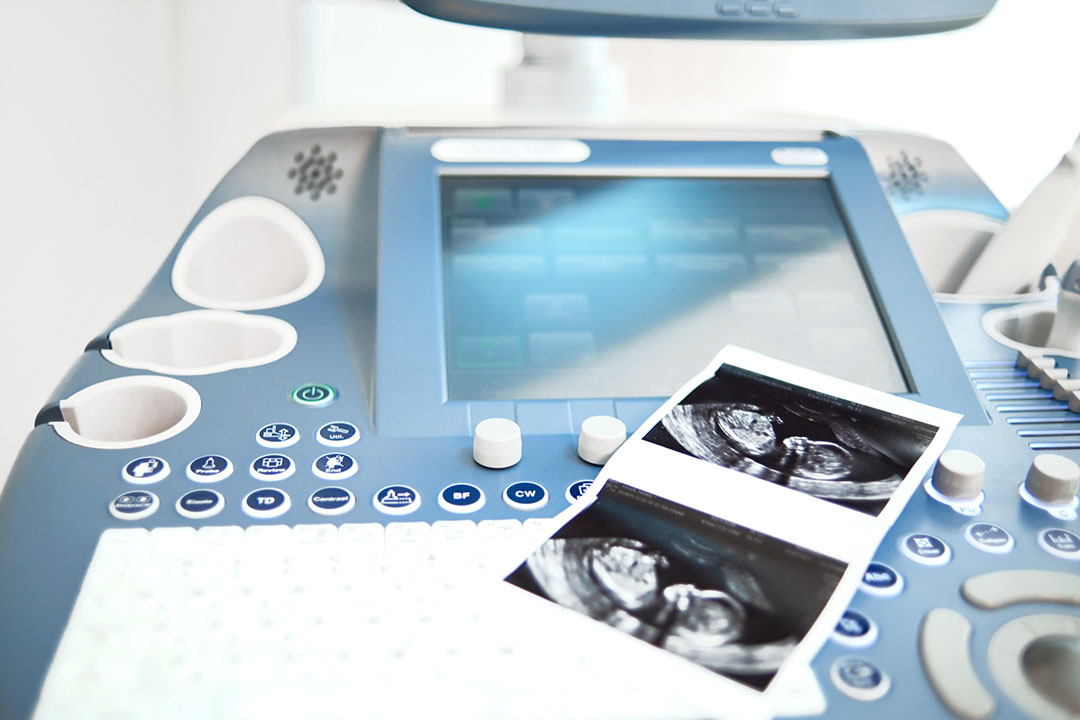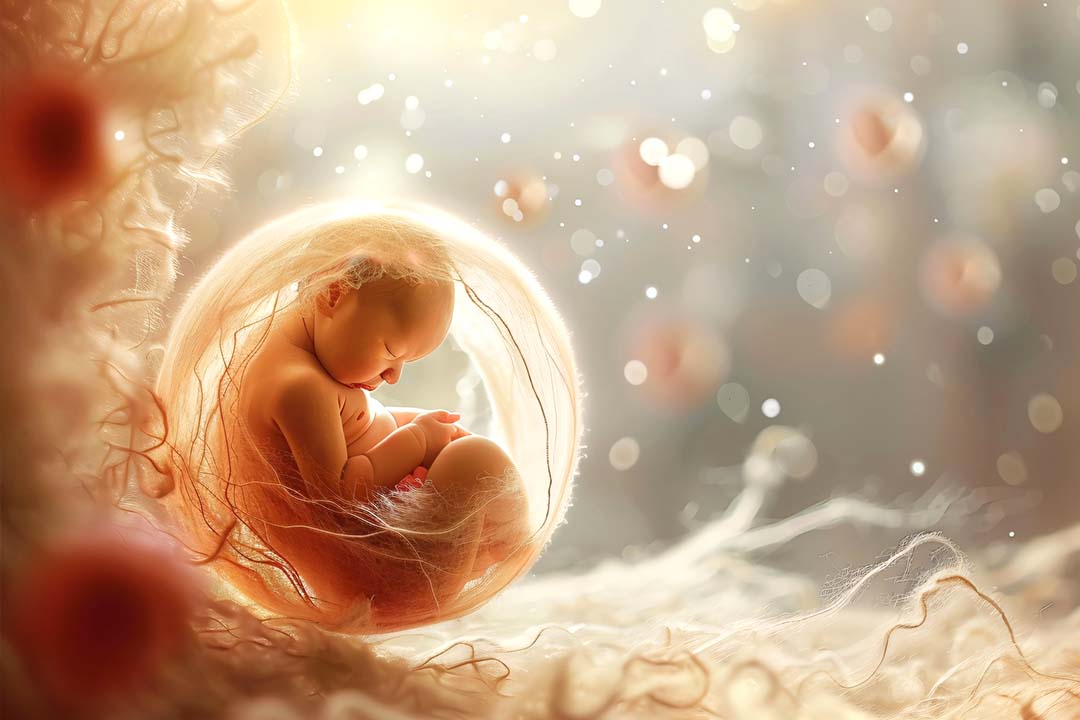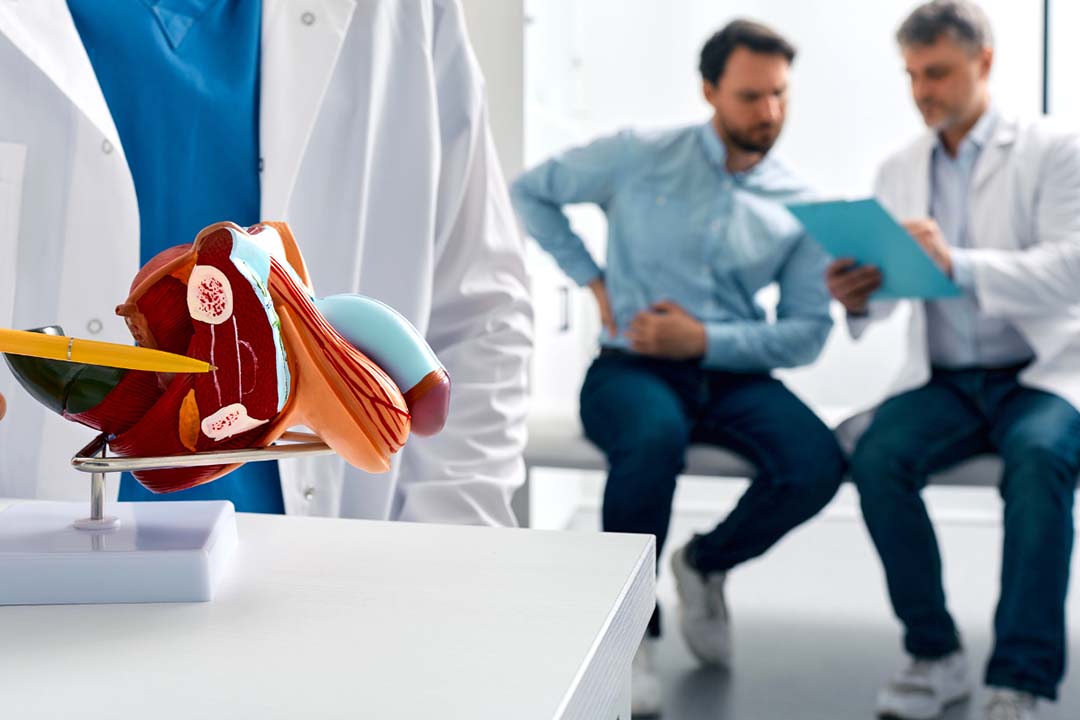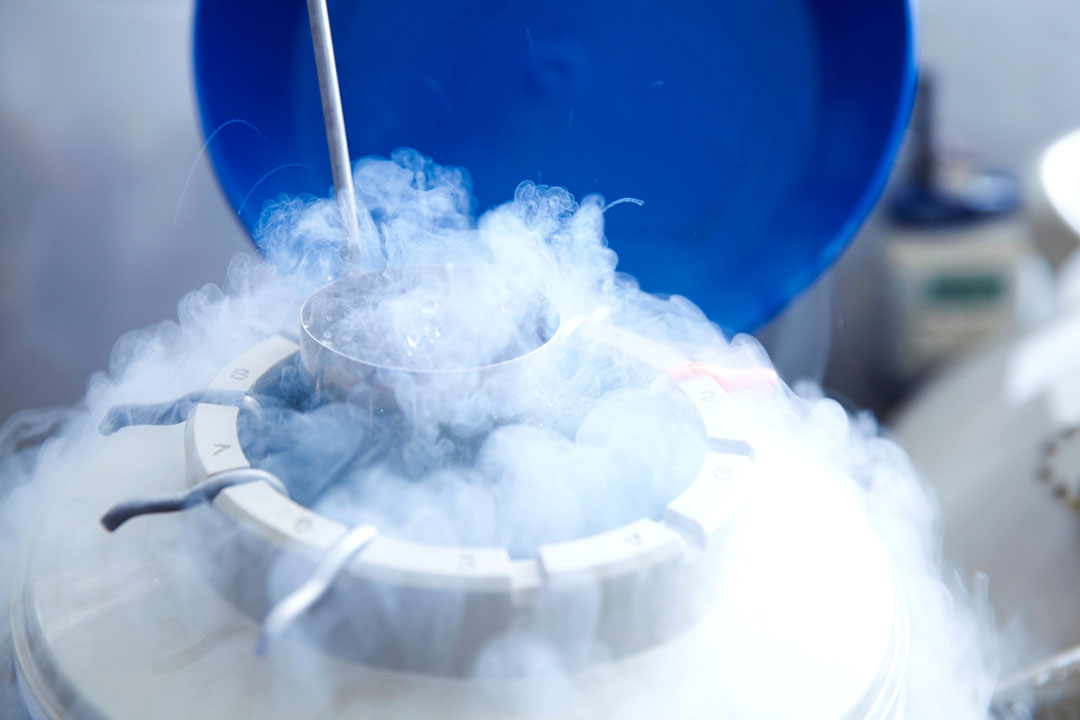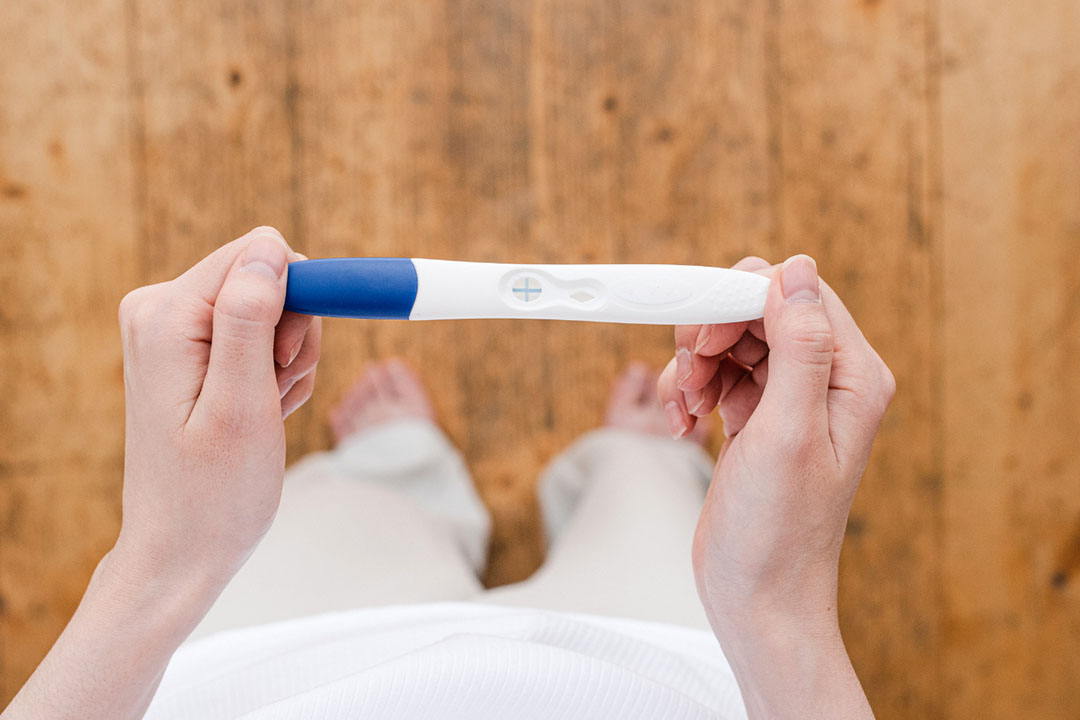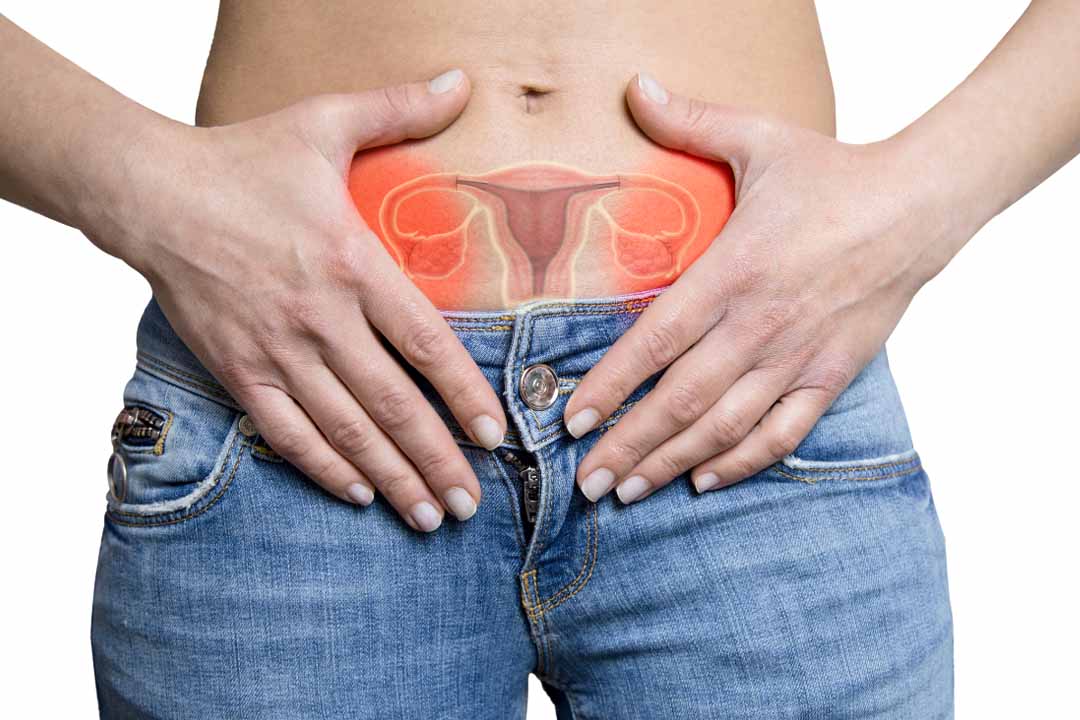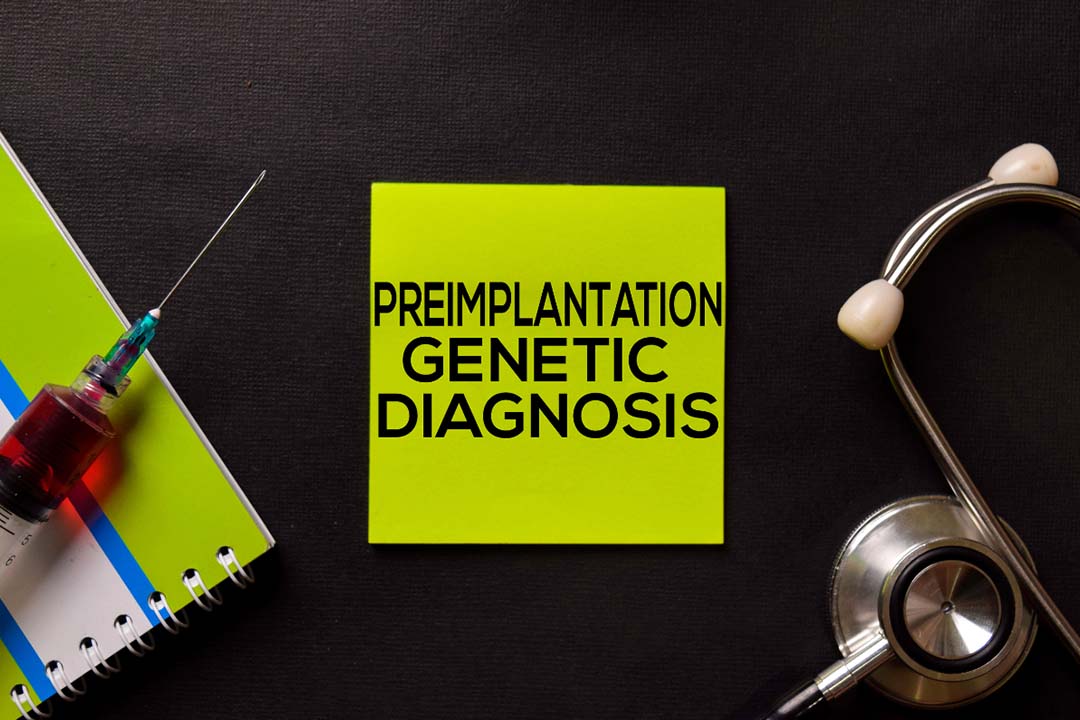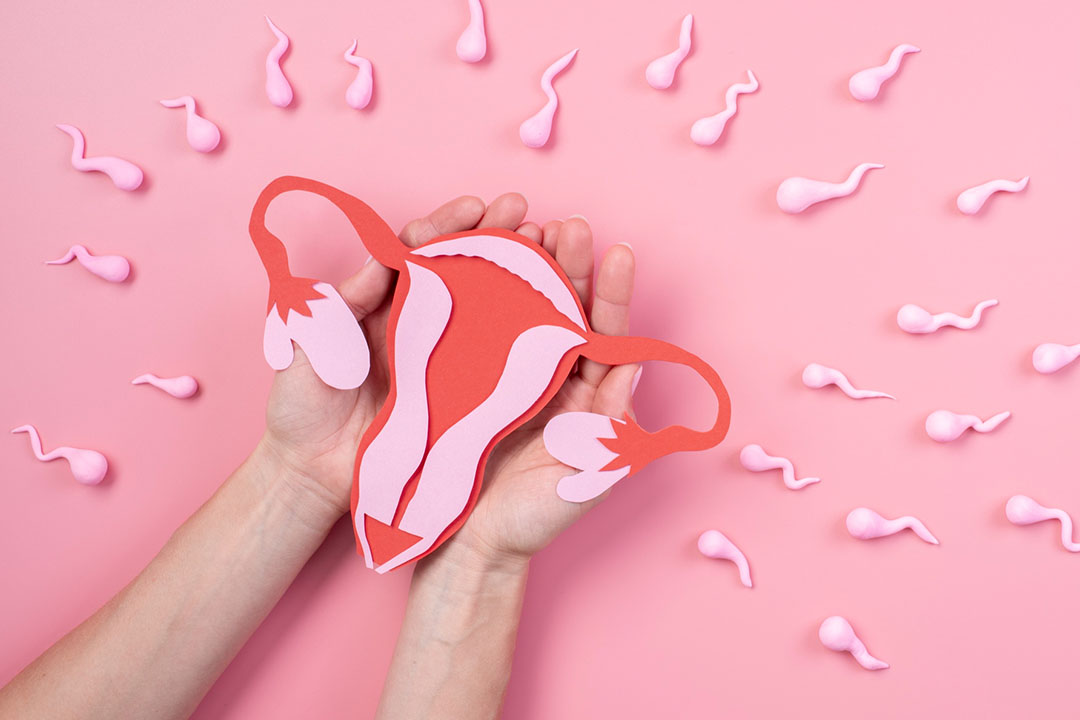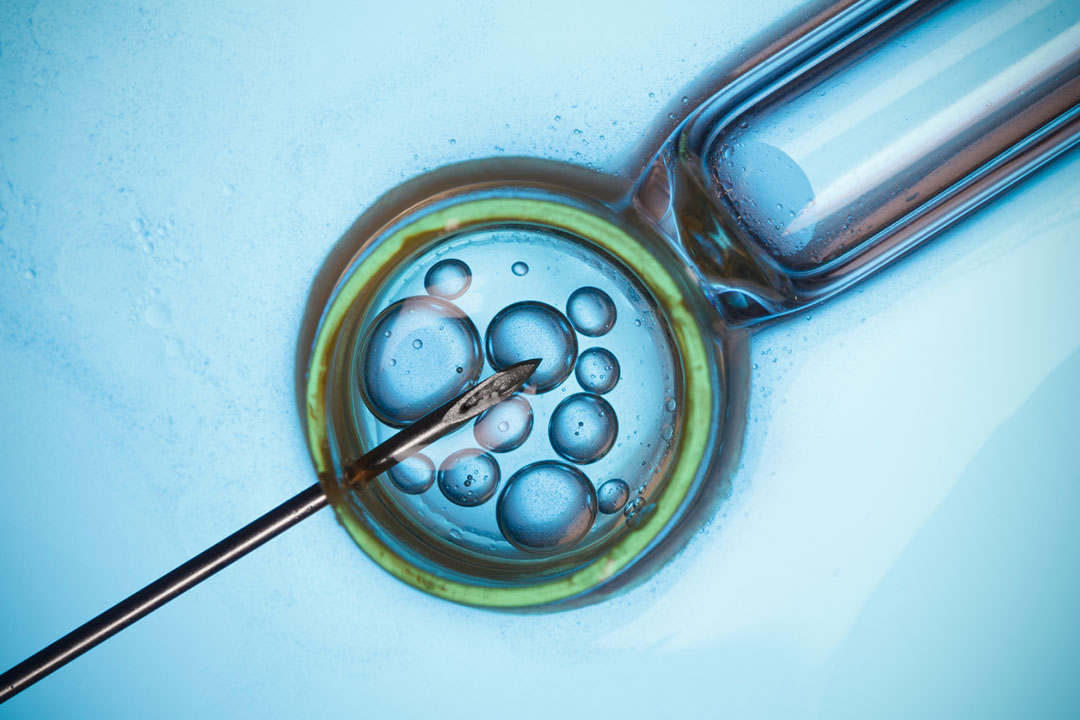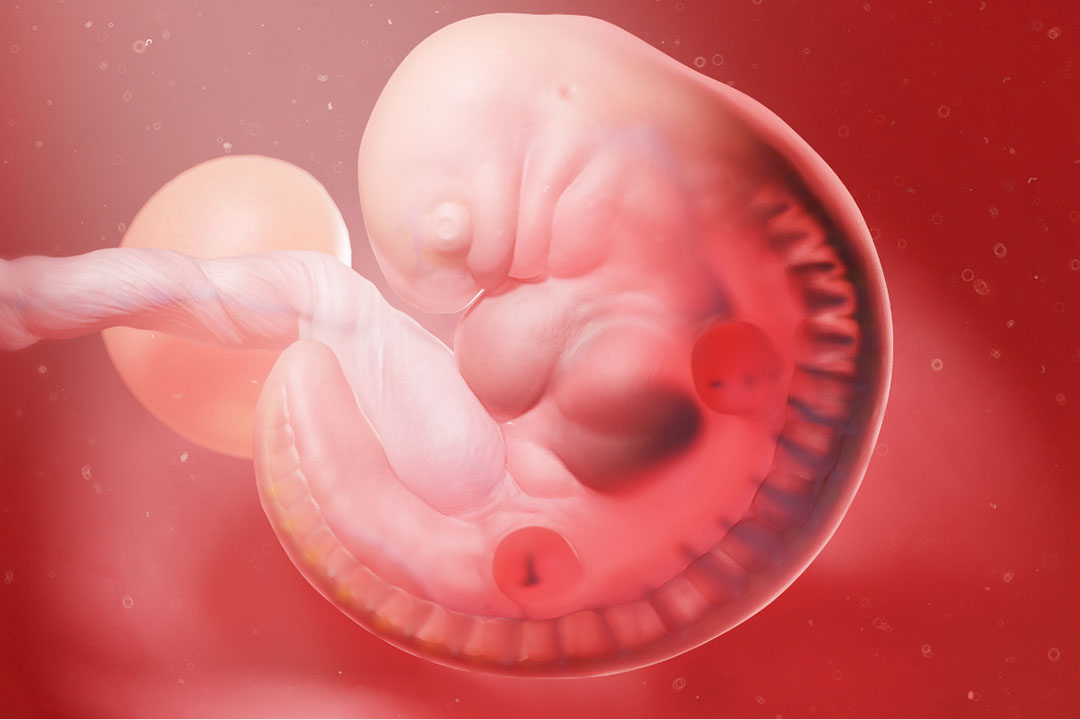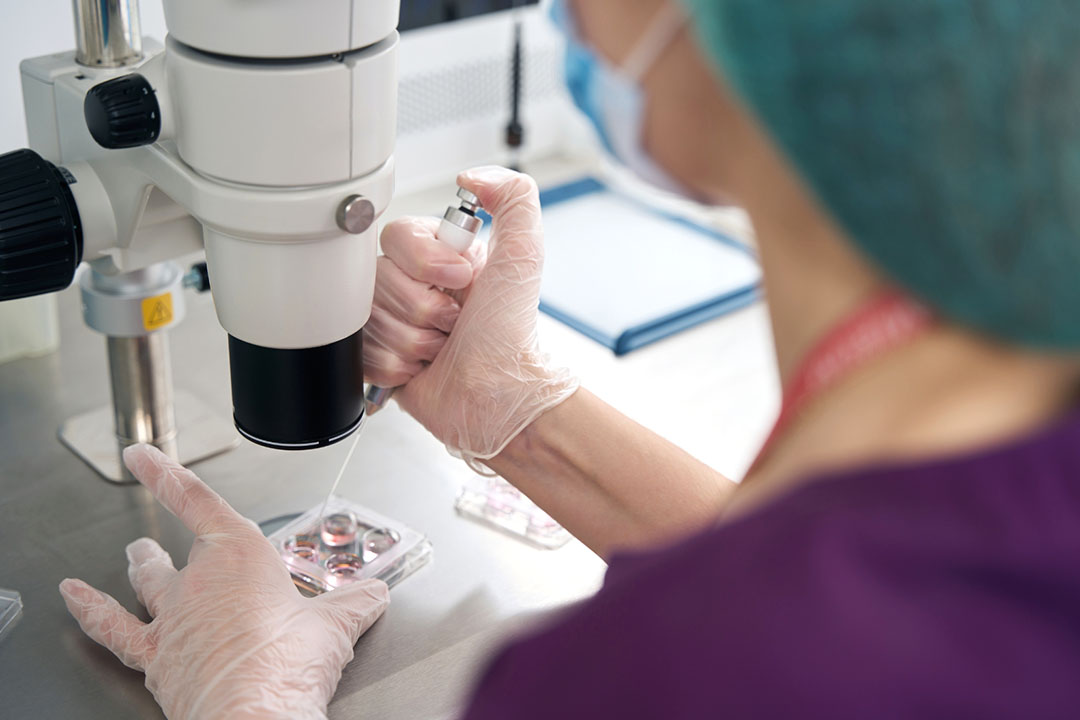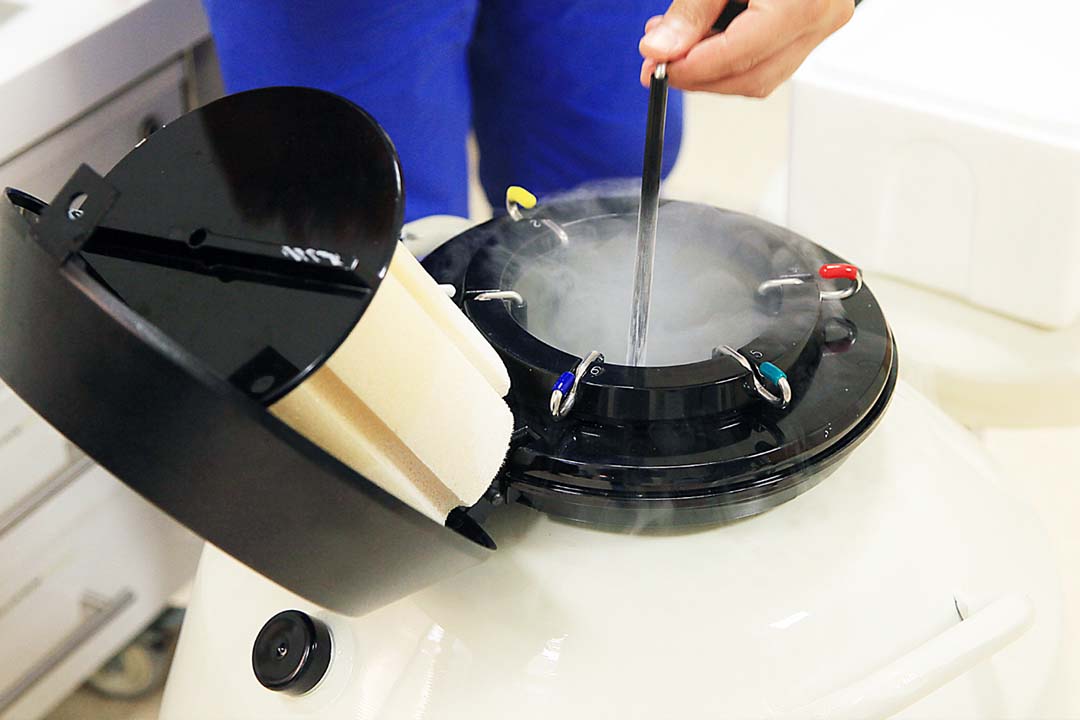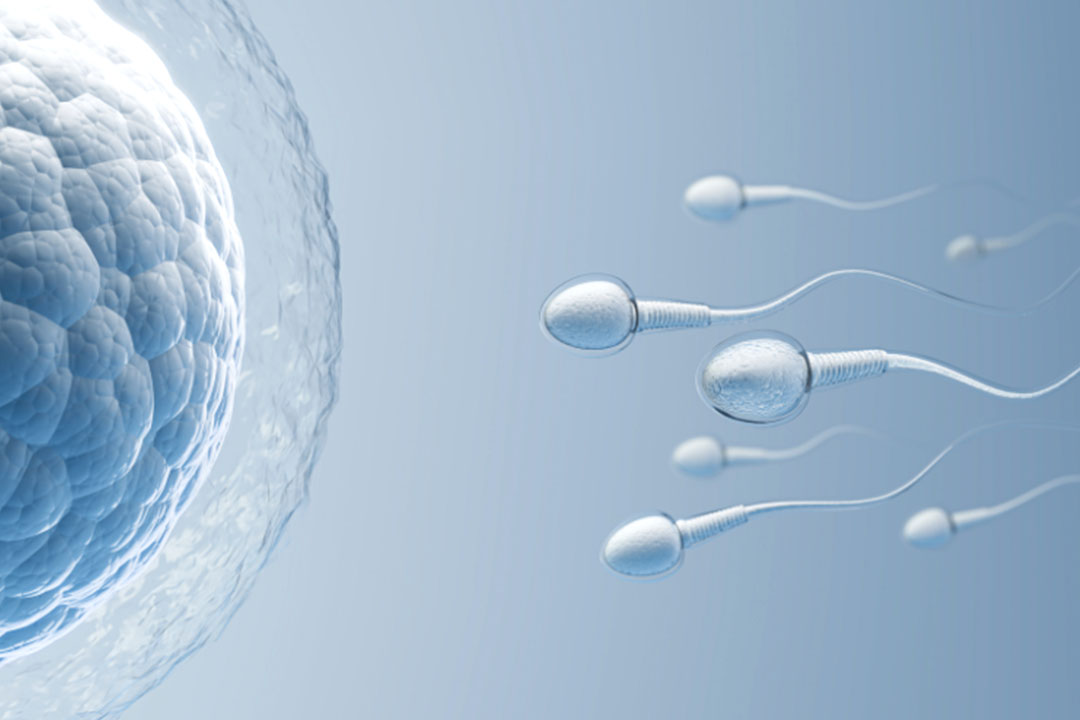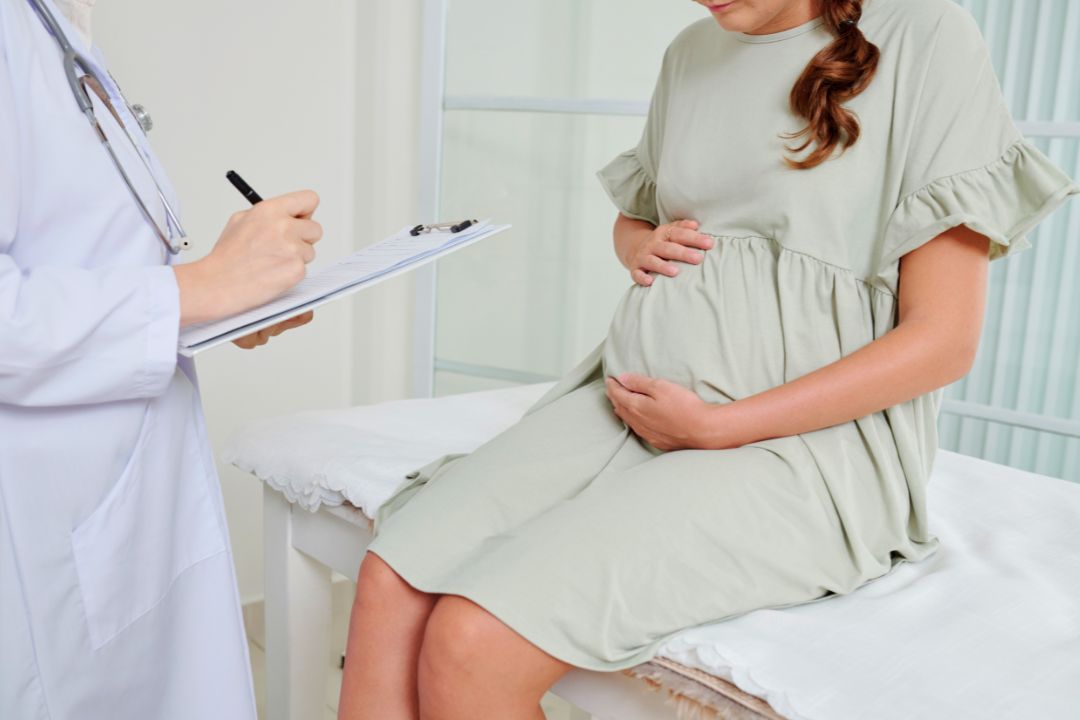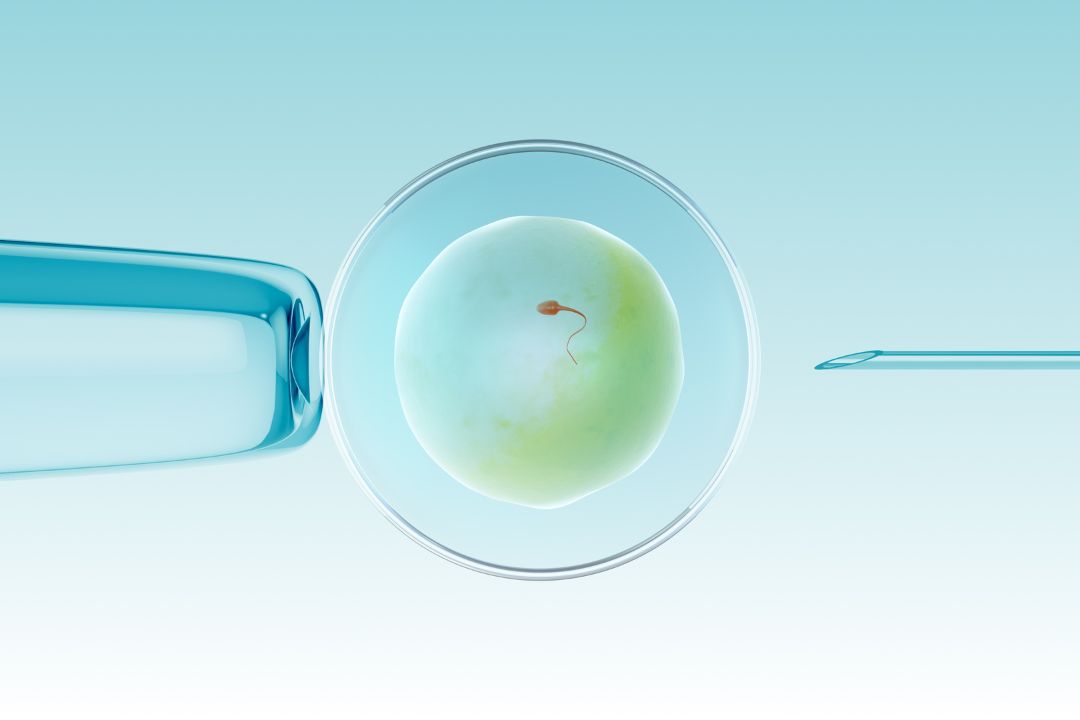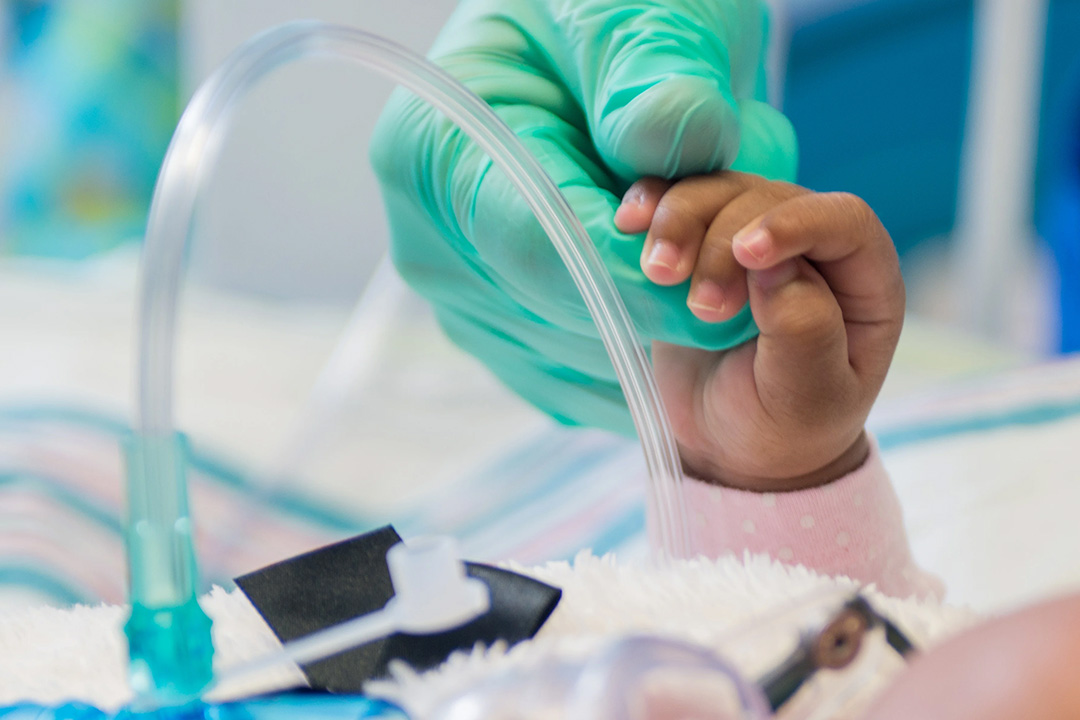Can a Woman Get Pregnant with Blocked Fallopian Tubes?
The fallopian tubes play an important role in natural conception. They connect the ovaries to the uterus and provide the space where the sperm and egg can meet for fertilization. Once these tubes become blocked, the pathway for fertilization cannot proceed smoothly, and therefore is difficult in pregnancy.
However, pregnancy is not impossible for women with blocked fallopian tubes. The degree of the blockage, the site where the blockage has occurred, and the woman's reproductive health determine the possibility of getting pregnant.

What causes Blocked Fallopian Tubes?
Blocked fallopian tubes can occur due to various medical conditions or other surgeries previously performed. Common causes are:
- Pelvic Inflammatory Disease (PID) is a reproductive organ infection that often results in scar tissue and blockages in the fallopian tubes. It is one of the most common causes of infertility around the world.
- In Endometriosis the tissue usually lining the uterus grows outside it, leading to inflammation and scar tissue, which may cause blockage or tubal damage.
- Operations to the abdomen or pelvis, like an ectopic pregnancy or appendicitis operations, may cause blockage and obstructions in the tubes.
- Tubal Ligation is a procedure that prevents pregnancy through surgery by obstructing or occluding the fallopian tubes. In some instances, women may wish to have the procedure reversed.
- In rare cases, some women are born with structural abnormalities in the fallopian tubes, which impair their function.
- Sexually Transmitted Infections (STIs) like chlamydia and gonorrhea, cause swelling and scarring in the tubes.
How Are Blocked Fallopian Tubes Diagnosed?
Blocked fallopian tubes often show no signs or symptoms at all. A few women might have pelvic pain, irregular periods, or infertility that needs medical evaluation. Doctors employ the following approaches for the diagnosis of tubal blockages:
- Hysterosalpingography (HSG): This is an X-ray procedure where a dye is injected into the uterus and fallopian tubes. The flow of the dye highlights any blocks.
- Sonohysterography: This is an ultrasonography procedure that uses normal saline to create a view of the uterus and fallopian tubes.
- Laparoscopy: This is a surgical procedure wherein a doctor views the reproductive organs. It is used to both diagnose and cure blockages.
- Blood Tests: In some cases, blood tests could help detect infections or other factors that may be causing blockages.
Can a Female Ever Become Pregnant with Blocked Fallopian Tubes?
Yes, despite the existence of blocked fallopian tubes, a female can certainly get pregnant, but this is strictly dependent on several factors:
Partial vs. Complete Blockage
Women with partially blocked tubes still can get pregnant naturally because sperm and egg can still meet up. However, those who have blockages in both the tubes usually have to opt for medical procedures like IVF.
One Blocked Tube
If one of the tubes is blocked, chances are still alive because the other tube may still work. Women can conceive, but the possibility might be lower because there is a requirement for ovulation on the side of the open tube.
Location of the block
The location of the obstruction will play a role. Proximal obstructions, near the uterus, may be simpler to treat than distal obstructions, near the ovaries.
Age and General Health
Younger age and better general reproductive health tend to have a better outcome.
Can I Get Pregnant Naturally with Blocked Fallopian Tubes?
Natural pregnancy is possible with one open fallopian tube or partial blockages. Women with one healthy tube can still ovulate and conceive naturally, but timing becomes crucial. The egg must be released from the ovary on the same side as the open tube for fertilization to occur.
Tracking ovulation and engaging in intercourse during fertile windows may increase the chances of getting pregnant. Natural pregnancy is unlikely For women with both tubes blocked. In such cases, usually, assisted reproductive techniques are required.
Chances of Getting Pregnant with One Blocked Fallopian Tube
The chances of getting pregnant with one blocked fallopian tube are relatively high if the other tube is functional and there are no other fertility issues. Studies suggest that women with one open tube have a monthly pregnancy probability close to that of women with no tubal blockages. However, factors such as the woman’s age, egg quality, and sperm health also influence the likelihood of conception.
Assisted Reproductive Options
Women with blocked fallopian tubes have a number of medical treatments available that can provide them with possibilities in bearing children.
Tuboplasty (Tubal Surgery)
Tuboplasty is the removal or correction of blockages present in a woman's fallopian tubes. The affected type of blockages can be removed by this surgery, such as those that result from scar tissue or adhesions. However, the it depends on the severity of the damage.
In Vitro Fertilization (IVF)
IVF bypasses the fallopian tubes completely. The process involves retrieving eggs directly from the ovaries, fertilizing them in the laboratory, and transferring them to the uterus. IVF is the most effective solution for women whose tubes are completely blocked. Success rates depend on age, egg quality, and presence of other infertility problems.
Tubal Cannulation
For lesions closer to the uterus, tubal cannulation is a less invasive procedure. This involves forcing a catheter through to clear the blockage, thus increasing the chances for natural conception.
Hydrotubation
In this method, fluid is injected into the fallopian tubes to clear minor blockages. Although not used as commonly today, it may still prove useful in some cases.
Risk of Ectopic Pregnancy
Women with blocked or partly blocked fallopian tubes are more prone to ectopic pregnancy. This takes place when a fertilized egg gets implanted in the fallopian tube rather than in the uterus. Ectopic pregnancies are medical emergencies; it's a condition that should be attended to promptly for better outcomes. Early detection and treatment usually sidestep complications.
How Can Blocked Fallopian Tubes Be Prevented?
Preventing blocked fallopian tubes is done by taking care of good reproductive health. Here are some tips to keep the risk at bay:
- Practice Safe Sex: Use condoms for preventing STIs, which lead to scarring and blockages.
- Treat Infections Early: Pelvic infections that are treated early will avoid damage to the fallopian tubes.
- Avoid Unnecessary Surgeries: Fewer operations to the pelvic or abdomen lower the rate of adhesions.
- Maintain Regular Check-Ups: Regular gynecological check-ups can diagnose issues before it is too late.
Many women with blocked fallopian tubes have successfully conceived with the help of modern medical treatments. For instance, a woman with both tubes blocked due to PID underwent IVF and delivered healthy twins. Another woman with one blocked tube conceived naturally after undergoing tubal cannulation.
This also emphasizes early diagnosis and individualized treatment plans. With advances in reproductive technology, a plethora of infertile couples are now able to experience the joy of parenthood.
Conclusion
Blocked fallopian tubes are a very common cause of female infertility. However, with appropriate care, a majority of such women are likely to conceive. For those women diagnosed with proximal FTO, there is a clinically viable alternative in the form of Fallopian Tube Recanalization.
Alternatives to FTR include assisted reproductive technologies if FTR is not feasible because knowledge of the type and cause of the obstruction is critical to guide the management.
Advances in medicines no longer make it a death sentence for infertility. Women suffering from this condition should first discuss the best options available with fertility specialists to find the right match with the unique conditions. Proper and timely treatment greatly improves one's chances of succeeding at pregnancy.
About Us
AKsigen IVF is a premier center for advanced fertility treatments, with renowned fertility experts on our team. Specializing in IVF, ICSI, egg freezing, and other cutting-edge reproductive technologies, AKsigen IVF is committed to helping couples achieve their dream of parenthood. With personalized care and a patient-first approach, AKsigen IVF provides comprehensive fertility solutions under one roof.








